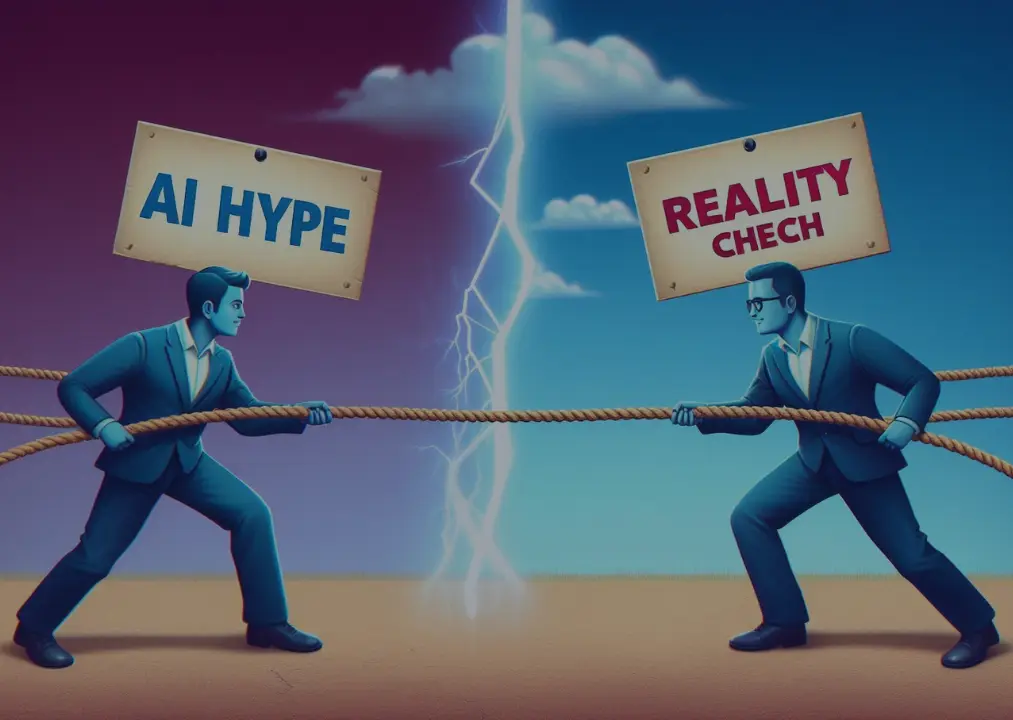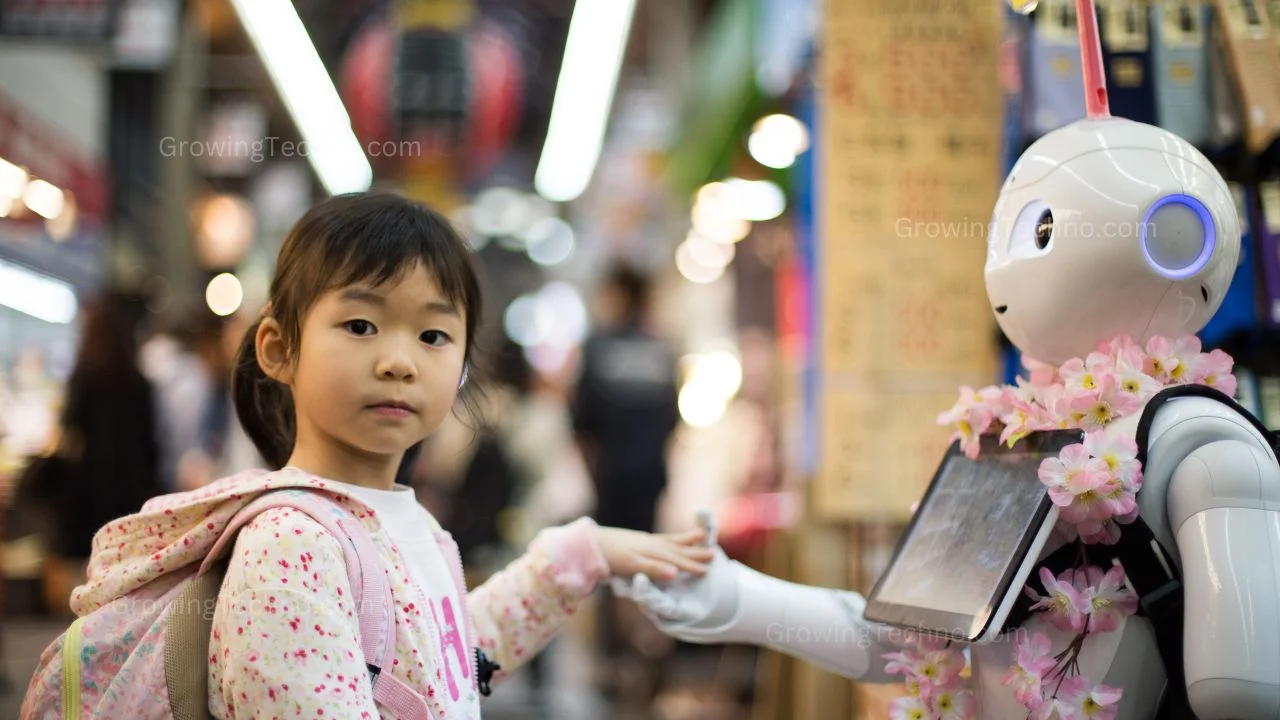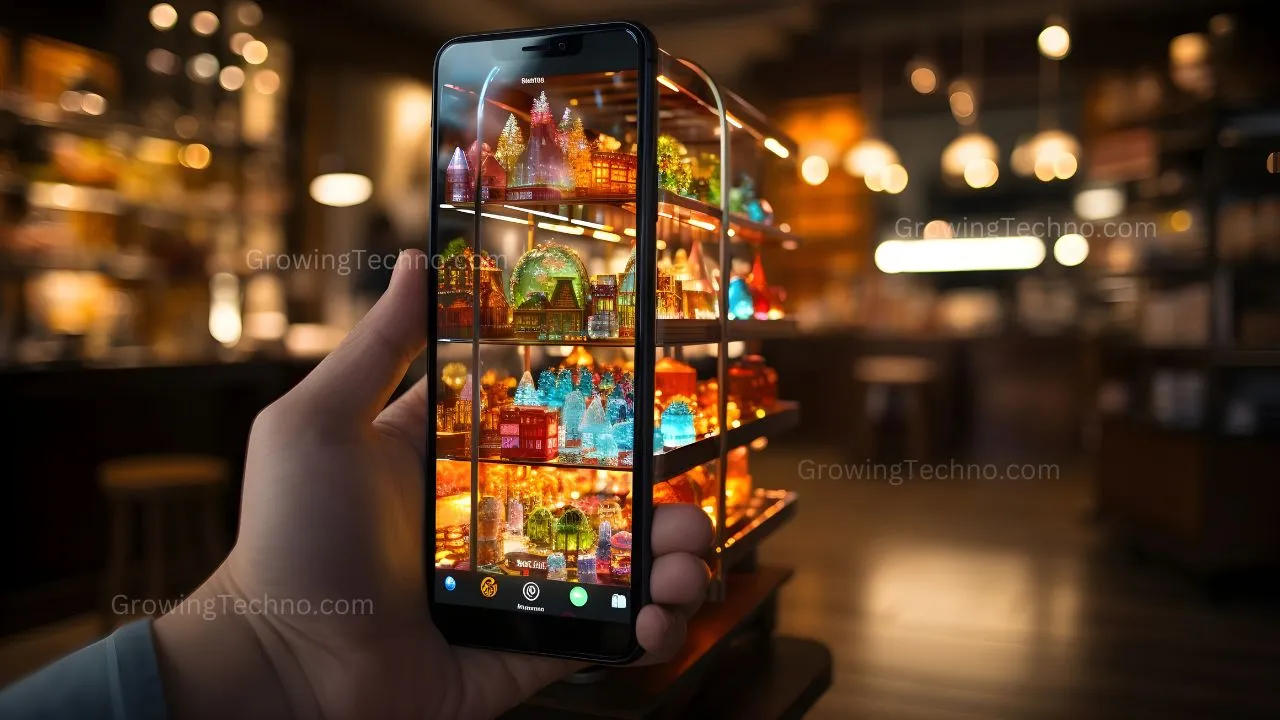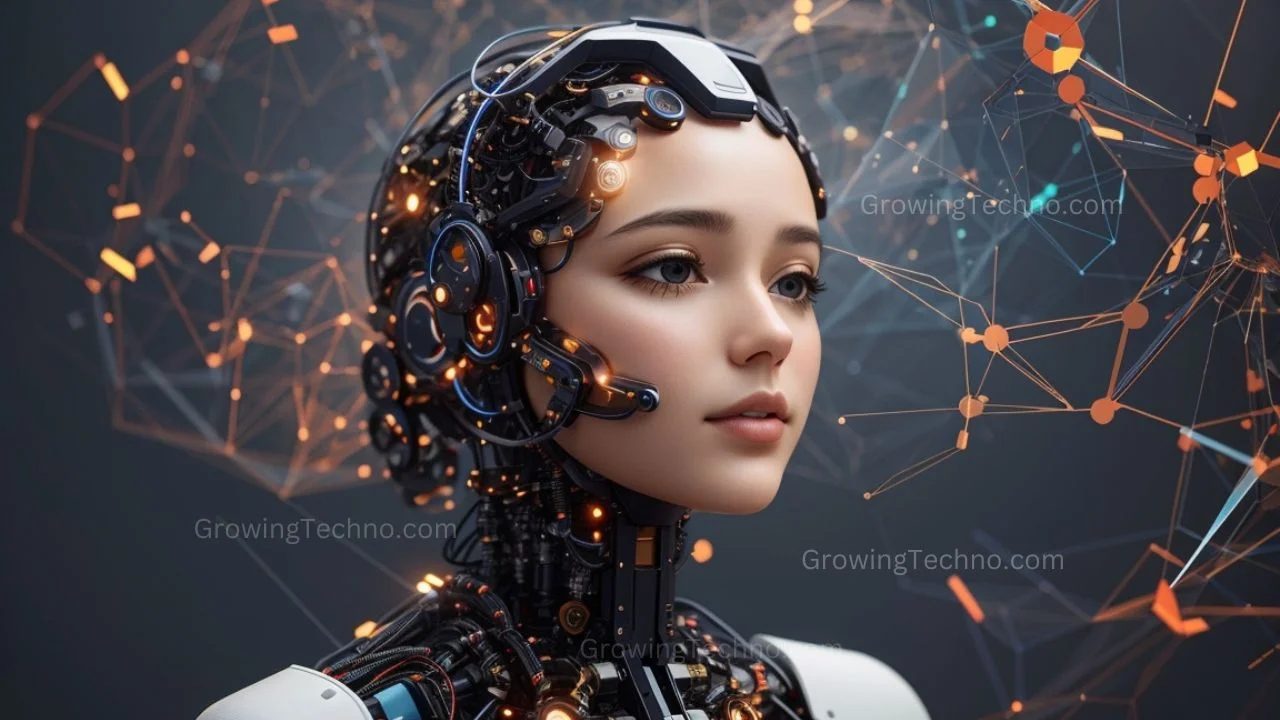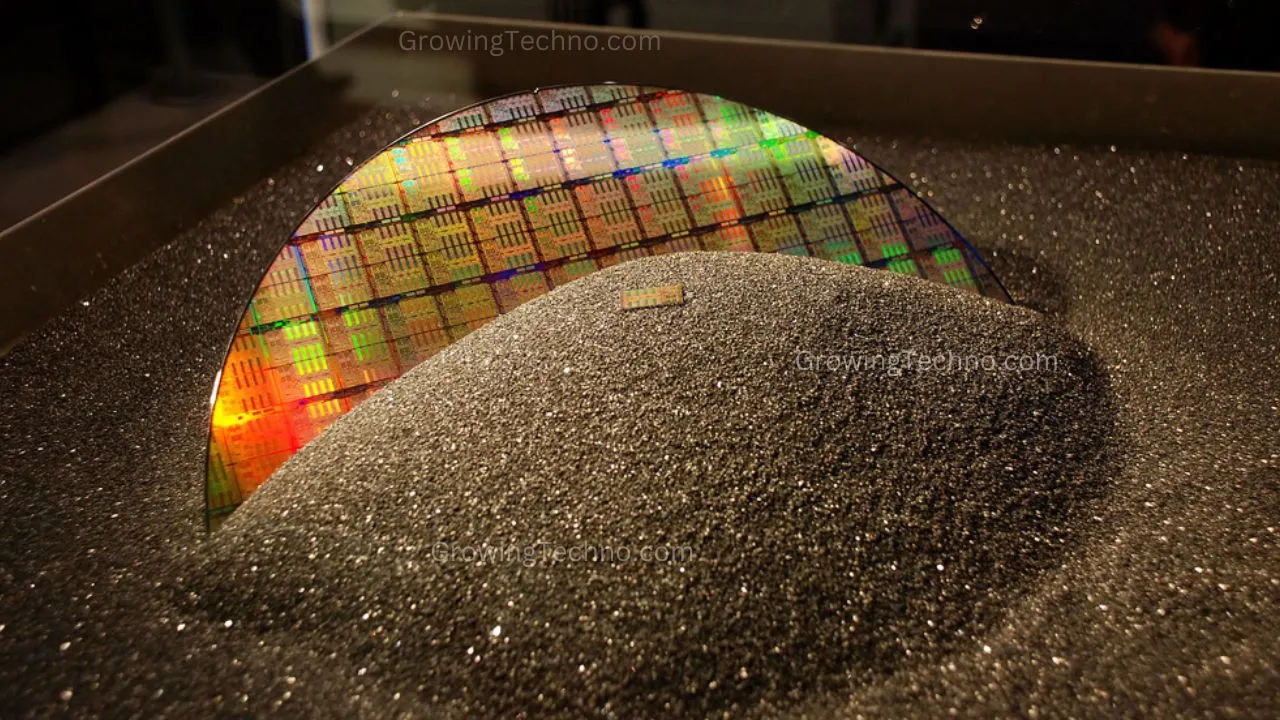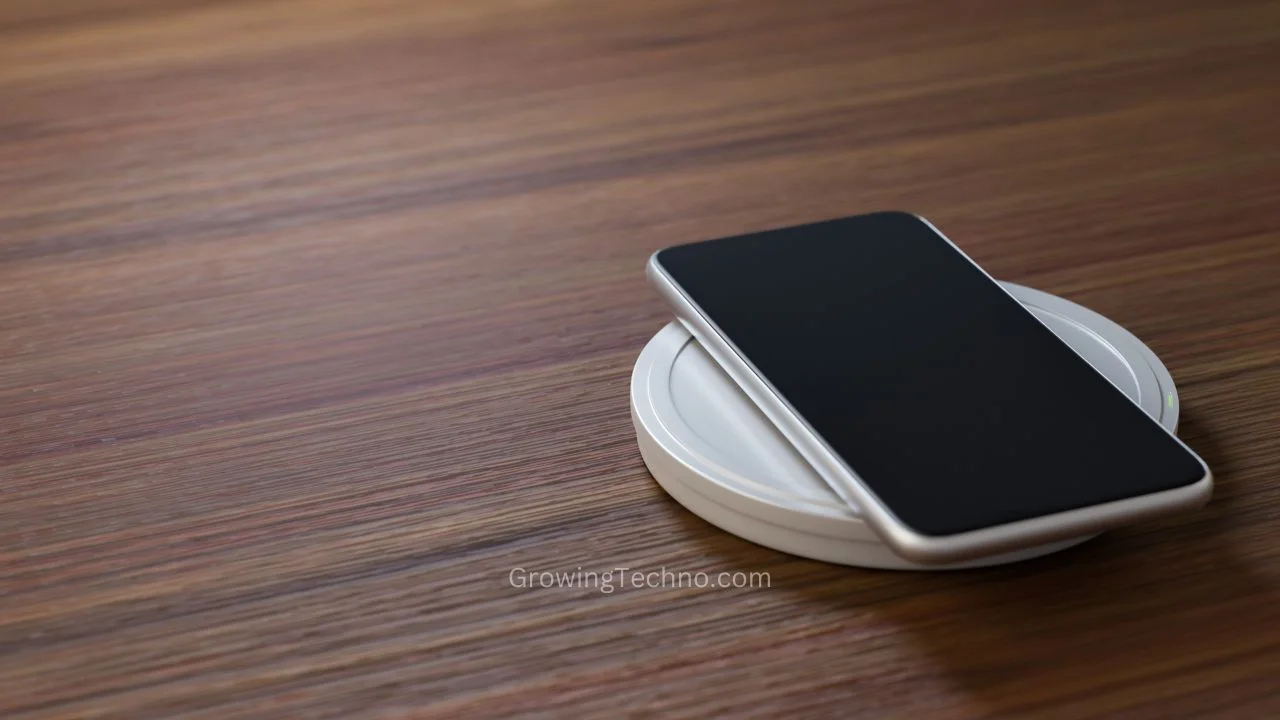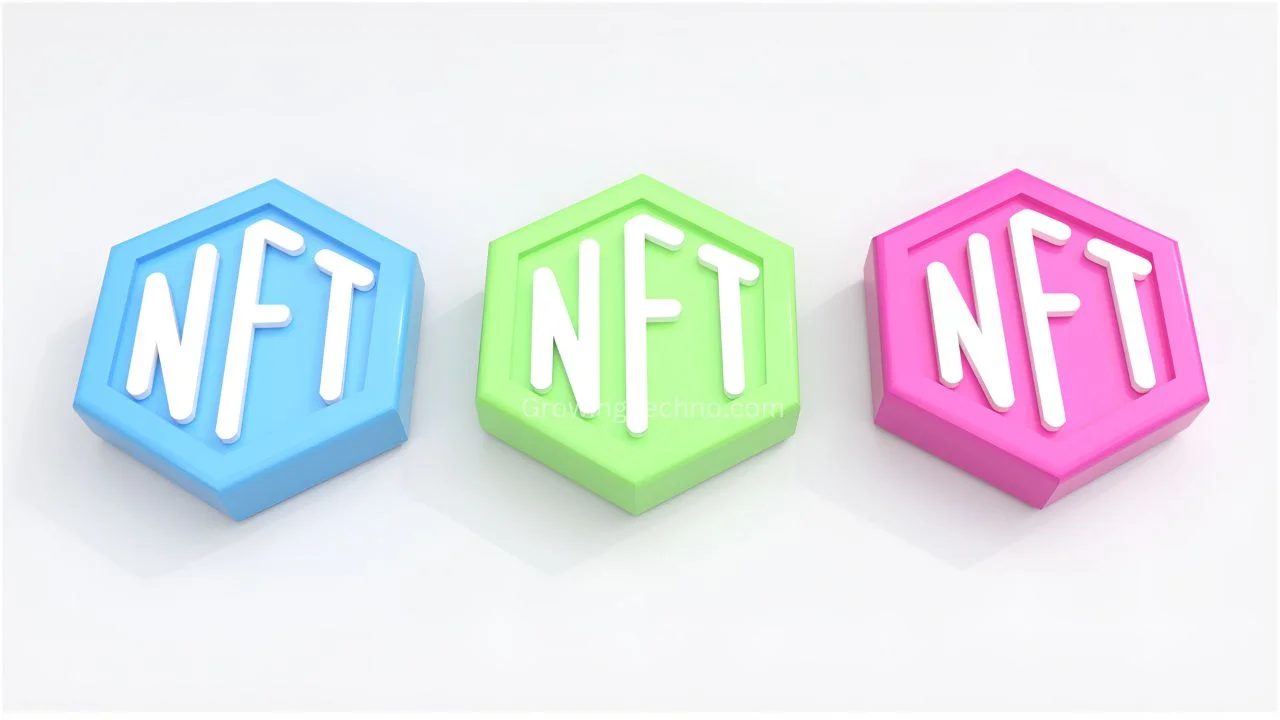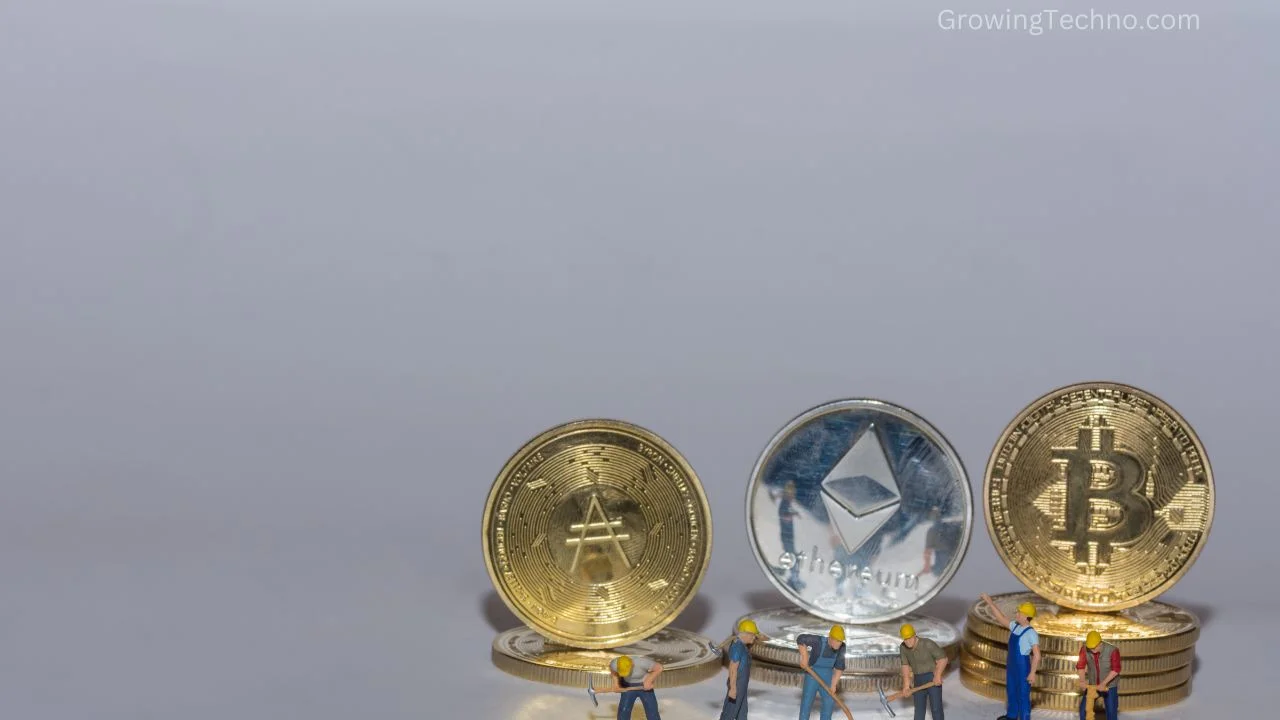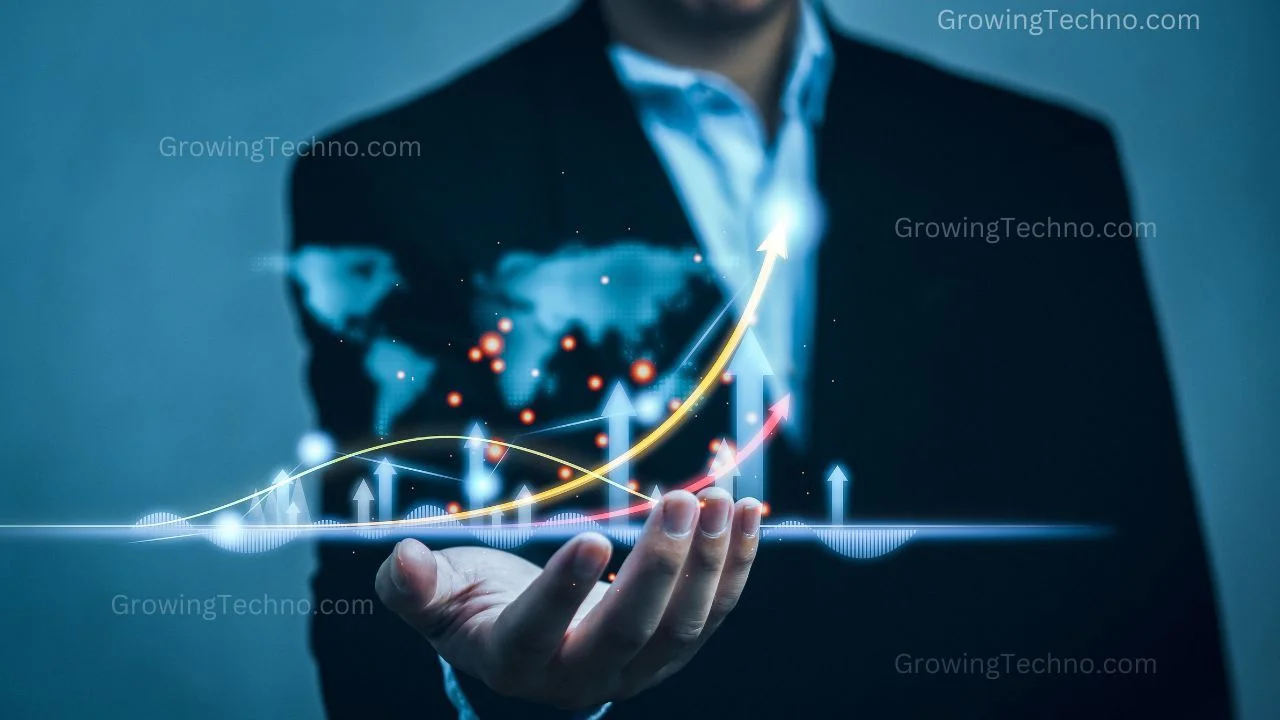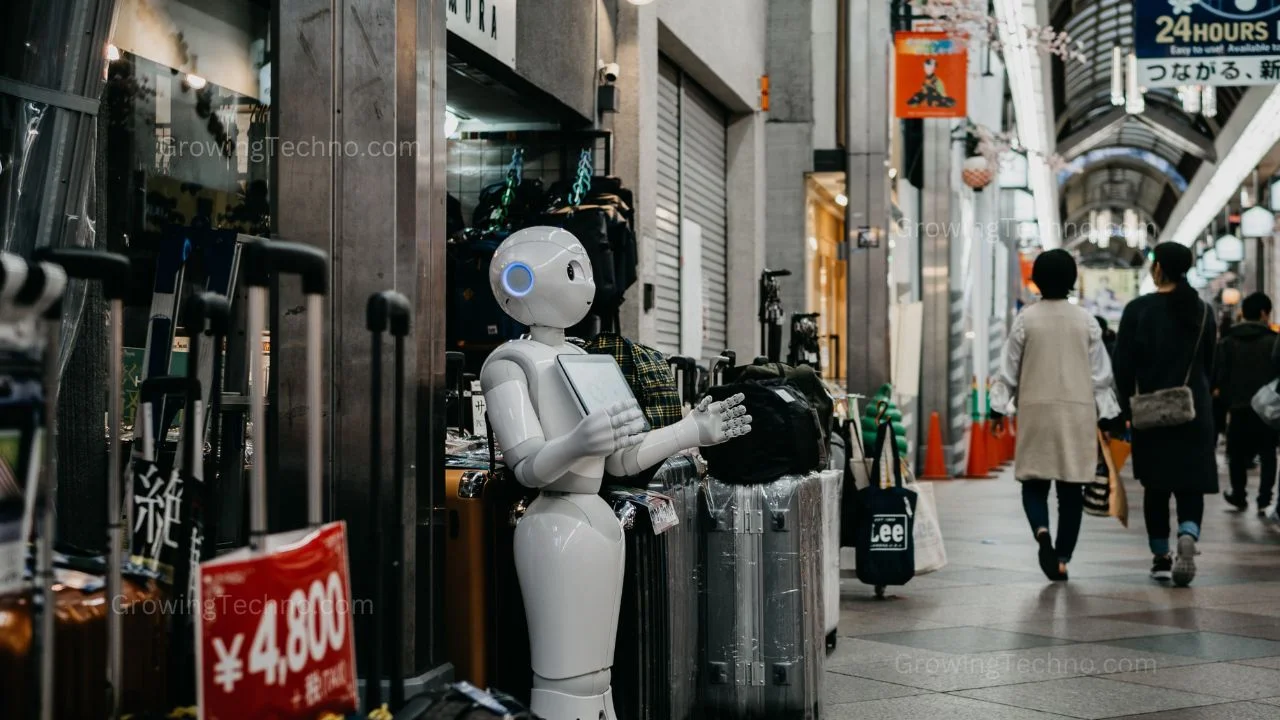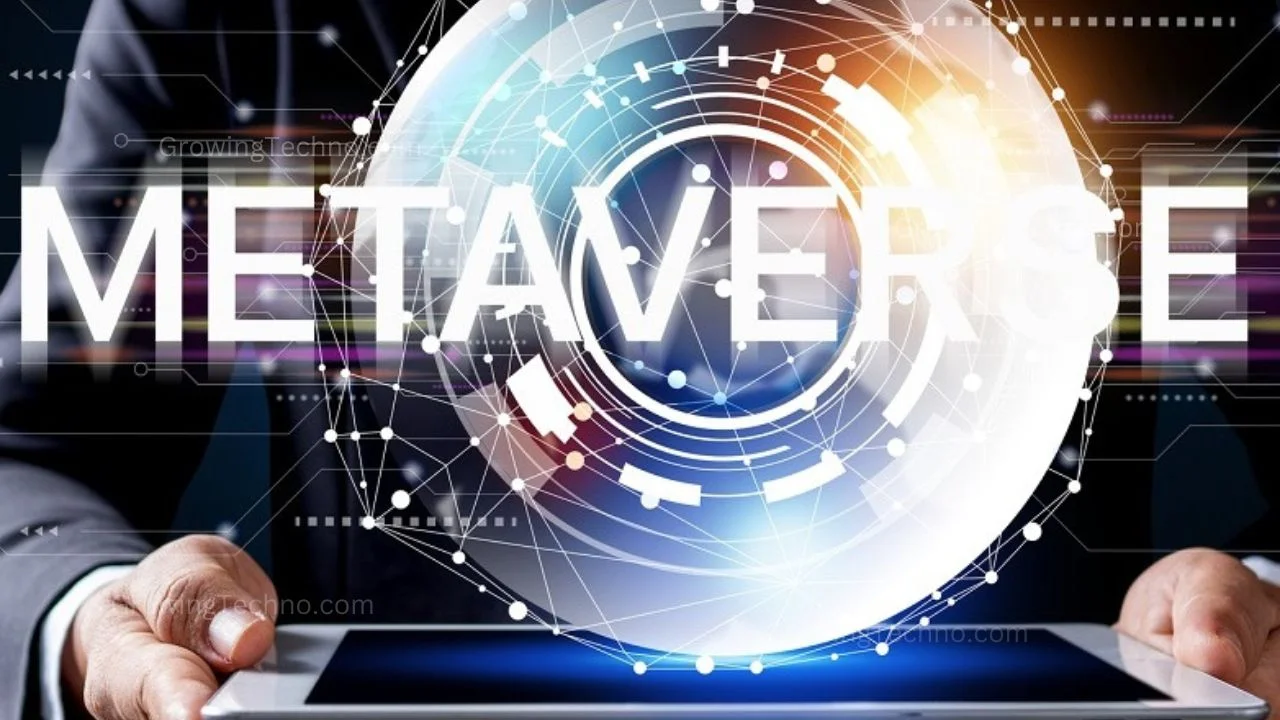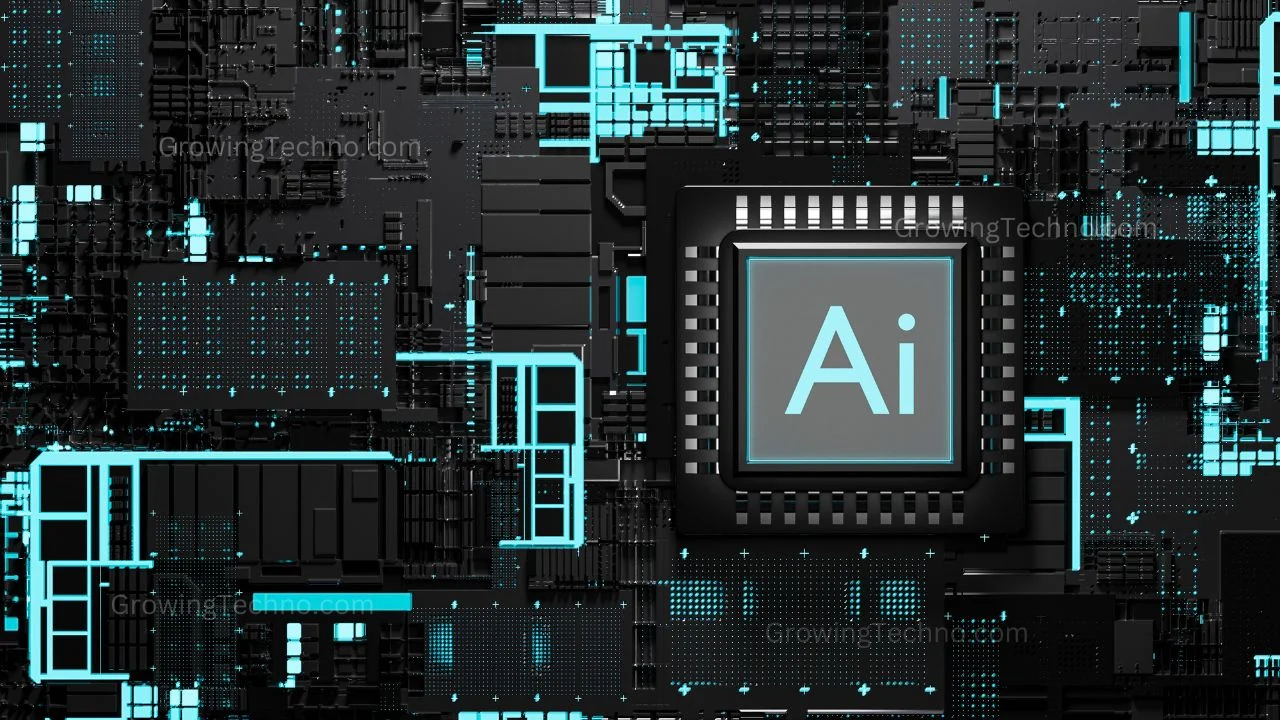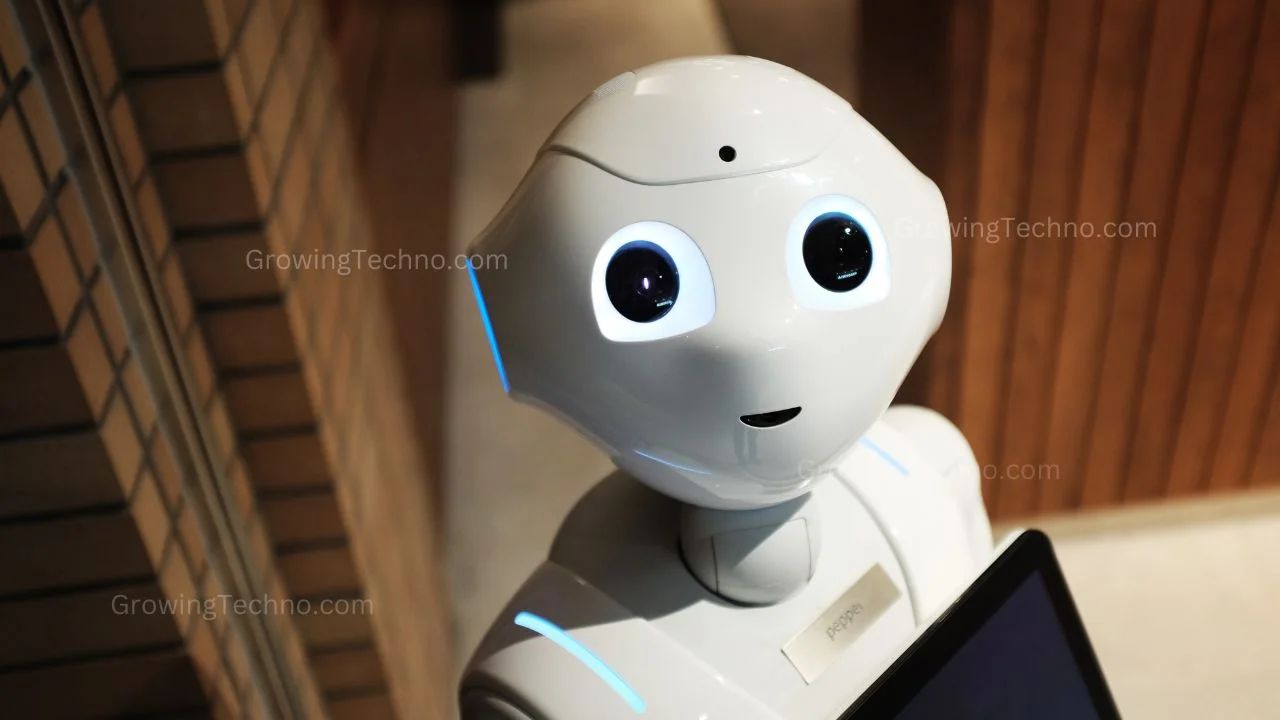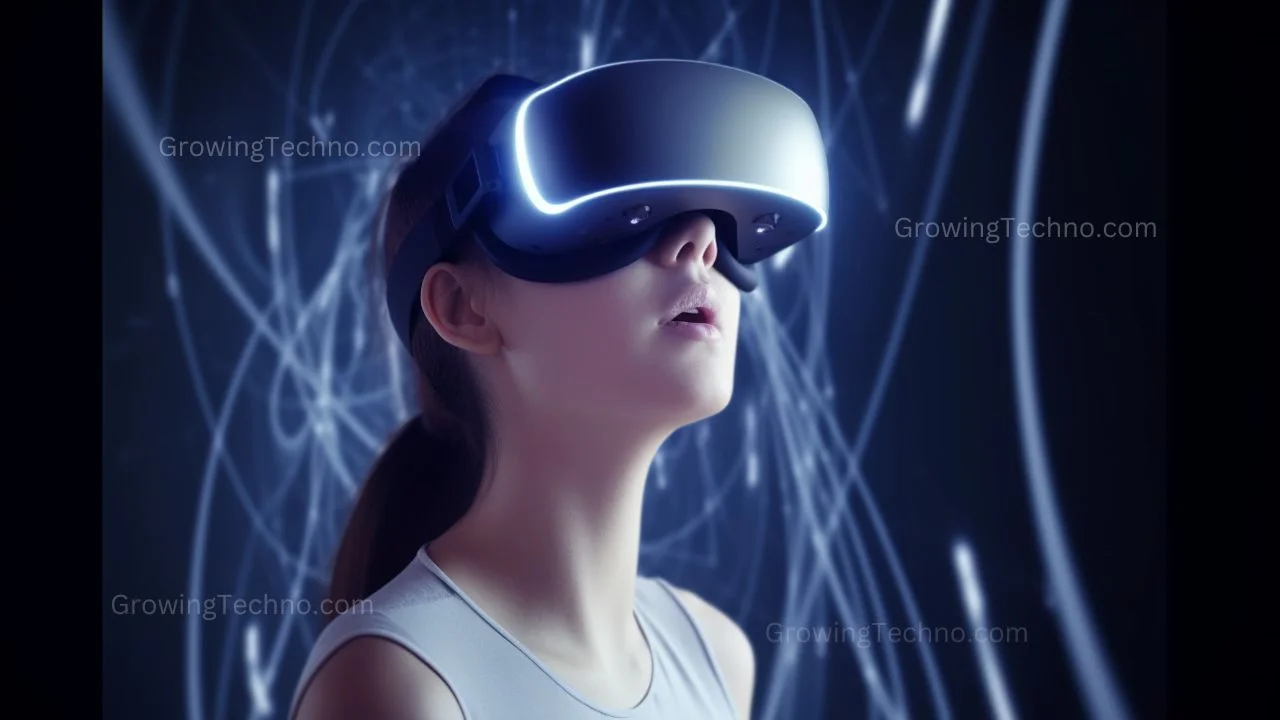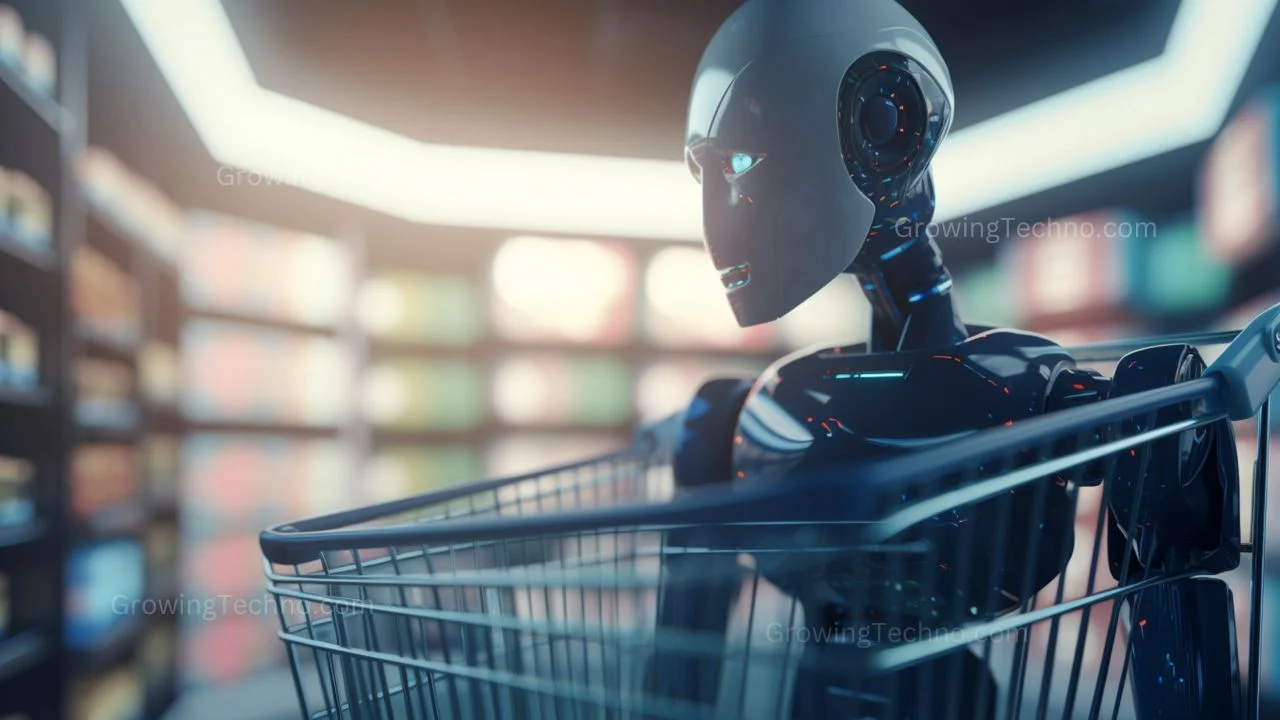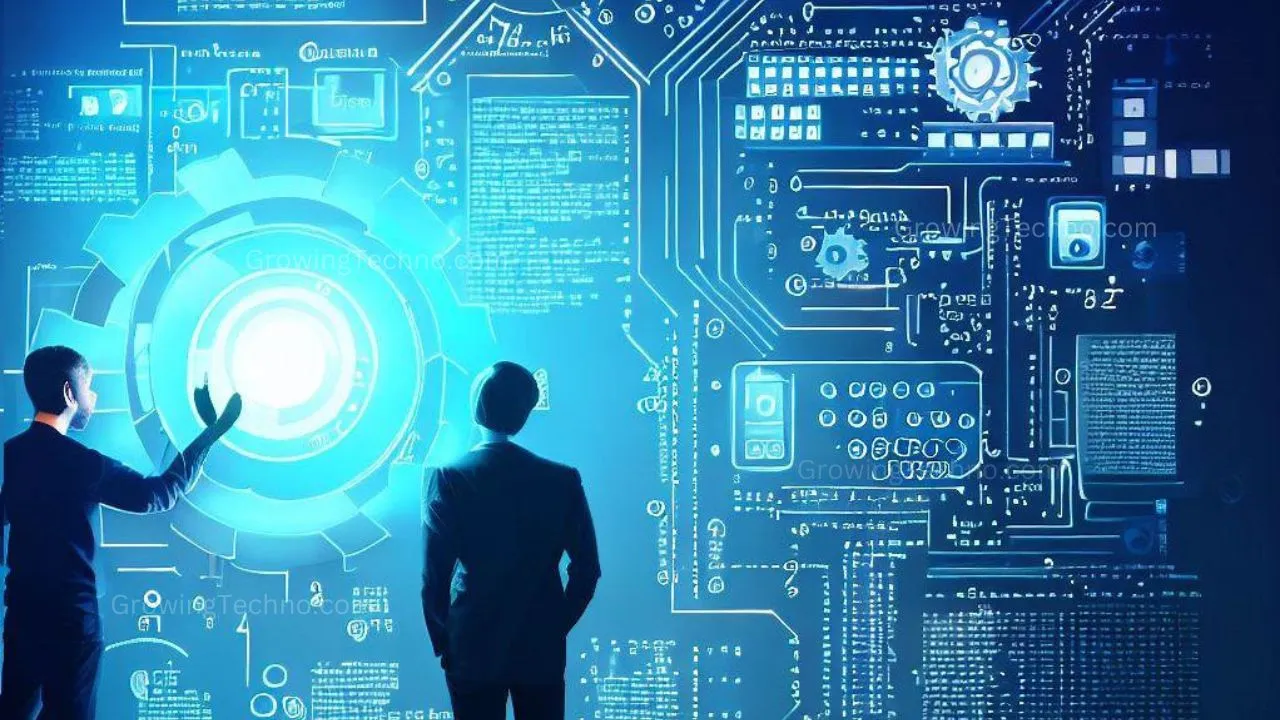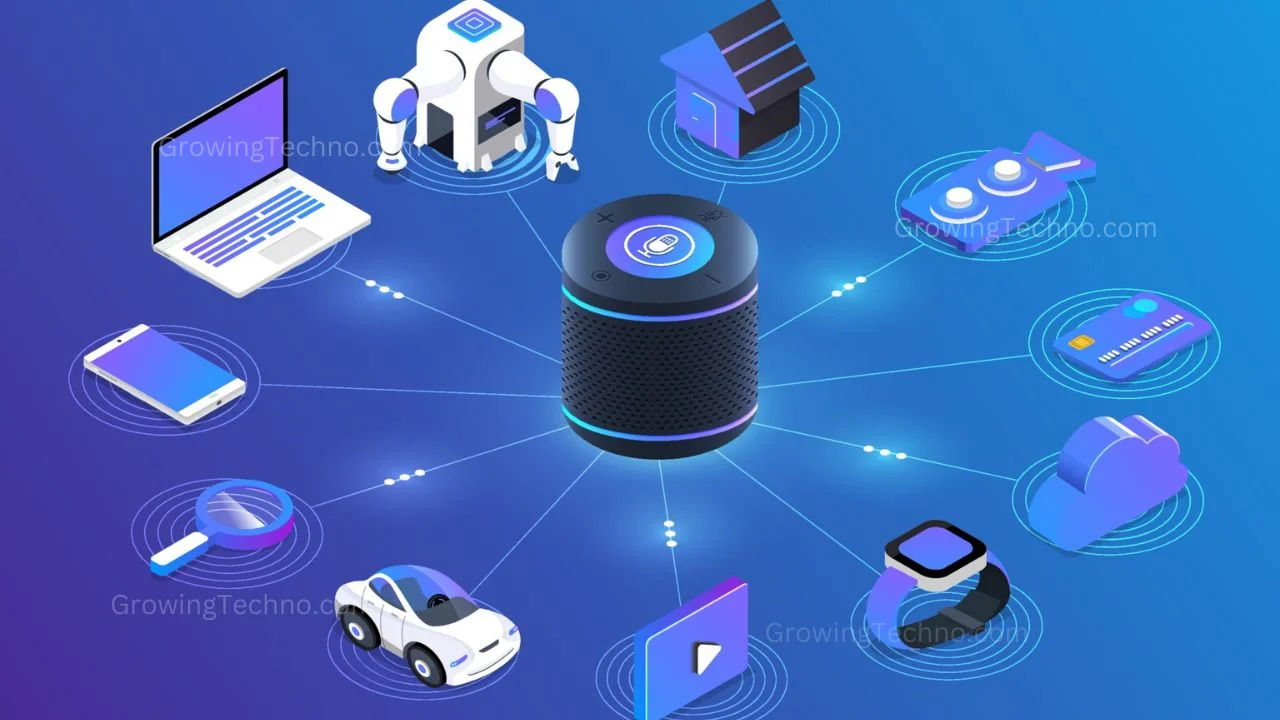
In today’s digital age, the Internet of Things (IoT) has emerged as a transformative force, reshaping industries, and revolutionizing the way we interact with the world around us. IoT represents a vast network of interconnected devices, sensors, and systems that exchange data and enable smart, automated operations. In this article, we’ll delve into the key concepts and principles of IoT, exploring its applications, benefits, and the exciting future it promises.
Understanding the Basics of IoT
At its core, IoT is all about connectivity. It involves connecting everyday objects, such as appliances, vehicles, and industrial equipment, to the internet or to each other. These connected devices collect and exchange data, creating a wealth of information that can be harnessed for various purposes.
Applications Across Industries
IoT’s potential is virtually limitless, with applications spanning across numerous industries:
- Smart Homes: IoT devices like thermostats, lights, and security systems make homes more efficient, secure, and convenient.
- Healthcare: Wearable devices and medical sensors enable remote patient monitoring and quicker responses to medical emergencies.
- Manufacturing: IoT-driven automation enhances productivity, reduces downtime, and ensures product quality in factories.
- Agriculture: IoT sensors provide valuable data for precision farming, optimizing crop yields and resource usage.
- Logistics: IoT tracking devices improve supply chain visibility, reducing delays and minimizing losses.
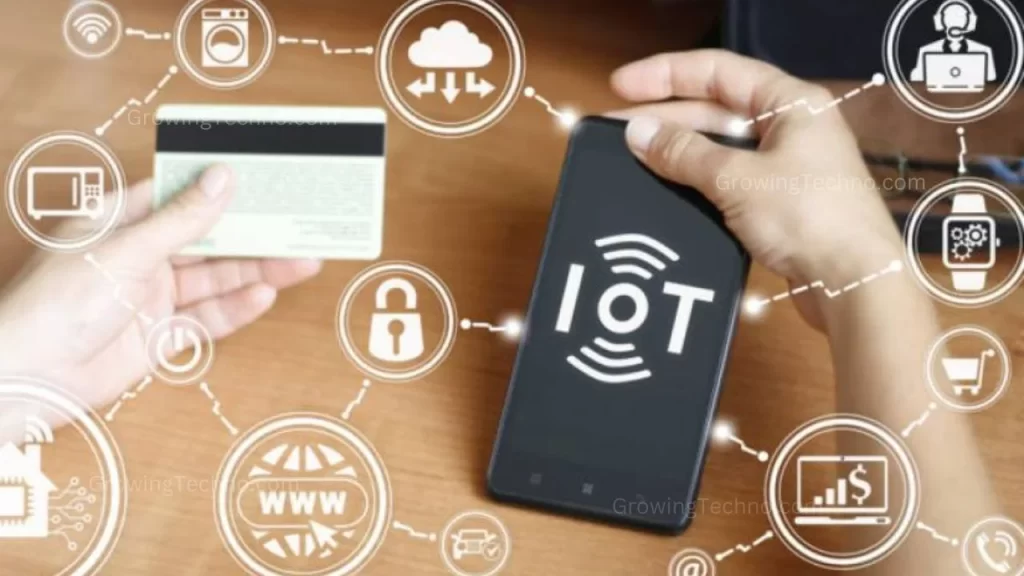
Benefits of IoT
IoT brings a multitude of benefits to individuals, businesses, and society as a whole:
- Efficiency: Automated processes and data-driven insights streamline operations, reducing costs and improving productivity.
- Safety: IoT enhances safety through real-time monitoring and instant alerts in critical situations.
- Sustainability: Resource optimization and smart energy management contribute to a more sustainable future.
- Customer Experience: IoT-driven personalization and predictive analytics enhance customer satisfaction.
Navigating Challenges and Considerations
While IoT holds great promise, it also raises important considerations:
- Security: With increased connectivity comes a higher risk of cyberattacks. Robust security measures are crucial to safeguard data and privacy.
- Interoperability: Ensuring that different IoT devices and systems can communicate effectively is a challenge that must be addressed.
- Data Privacy: The vast amount of data generated by IoT devices requires careful management to protect user privacy.
The Future of IoT
As technology continues to advance, the IoT landscape will evolve as well. With the rollout of 5G networks, IoT devices will become even more interconnected, enabling faster data transmission and reduced latency. Moreover, Artificial Intelligence (AI) and machine learning will play an integral role in analyzing the massive amounts of IoT data, uncovering valuable insights, and automating decision-making processes.
In conclusion, IoT is a transformative technology that is reshaping industries and our daily lives. Its applications are diverse, its benefits are substantial, and its future is incredibly promising. However, to fully realize its potential, we must address security and privacy concerns while embracing the endless possibilities that the Internet of Things has to offer.
Found this helpful? Share the wisdom!


